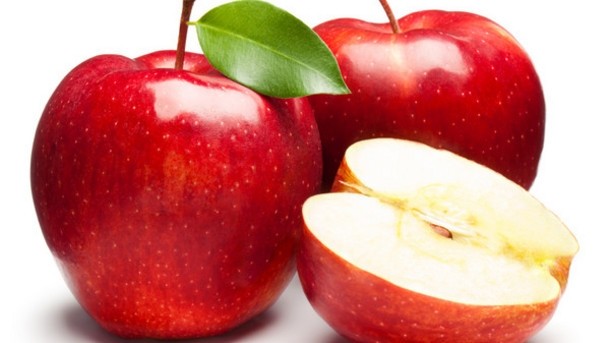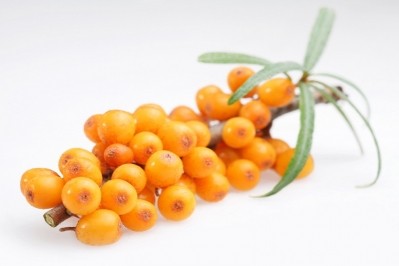Oil could boost quercetin absorption, but researchers caution against it

Researchers from the Institute of Food Research (IFR) in Norwich in the UK and from the University of Stuttgart in Germany examined the uptake of quercetin in vitro using CaCo/TP7 intestine cell cultures, in an attempt to address the flavonoid’s low bioavailability.
The team simulated different parts of the human digestive system by varying the conditions of the cell cultures, including the presence of various intestinal micelles – compounds formed of fats and other substances. They then measured the uptake of quercetin under these conditions.
“Taking into account the affinity of quercetin for different lipid phases and its innate properties, we can understand the inhibition of quercetin uptake by the cells and extrapolate to conditions pertaining to the whole gastrointestinal tract to explain its low bioavailability and how it is enhanced by the presence of oil,” the researchers wrote in their paper, published in Nutrients.
Intestinal compounds block absorption
First, in the stomach, the authors note the conditions favour unionised quercetin, which can pass through the stomach wall, but is poorly soluble in these conditions, reducing uptake. However quercetin is soluble in oil, which can help proceed further through the digestive system.
The researchers found mixed micelles similar to those present in the upper small intestine inhibit free quercetin uptake, with bile salts reducing the uptake even further. Again the research showed quercetin in oil allowed the “slow release” of unionised quercetin.
Quercetin’s battle with micelles and bile salts continues further down the small intestine, even as the acidic conditions make it theoretically easier for it to be absorbed. Its tendency to precipitate also reduces uptake, and while oil can still protect the flavonoid, the oil itself is being digested at this stage, reducing the protective reservoir.
Finally, the authors wrote: “At the terminal ileum, where the pH is >7.4, the quercetin will be more soluble but will not pass easily across the mucosal membranes.
“Flavonoids in general have low bioavailability and when consumed reach the colon, where they can be metabolised by the microbiota. It may be that in the lower small intestine (ileum) more quercetin could be absorbed, because here the micelle and bile salt concentrations are lower,” said Gillian Rich, a researcher at IFR and lead author of the paper.
Oil solutions not the answer
As the authors note, the presence of fat is key to the absorption of quercetin. But according to Rich the flavonoid’s behaviour is more complex than it might seem.
“To increase the amount of quercetin absorbed it should be consumed with oil. However, matters are not simple. It is true that quercetin gives many health benefits, but in high concentrations it is potentially damaging. Therefore, I am not keen on quercetin supplements in oil,” said Rich.
“Bioactive molecules often act synergistically, which means beneficial effects of for example quercetin and other polyphenols are achieved at lower concentrations than when consumed singly. Hence the advantages of whole food diets rich in plant material,” she added.
Source: Nutrients
Published online ahead of print, doi: 10.3390/nu9020111
“Towards an Understanding of the Low Bioavailability of Quercetin: A Study of Its Interaction with Intestinal Lipids”
Authors: Rich, G.T.; Buchweitz, M.; Winterbone, M.S.; Kroon, P.A.; Wilde, P.J.









